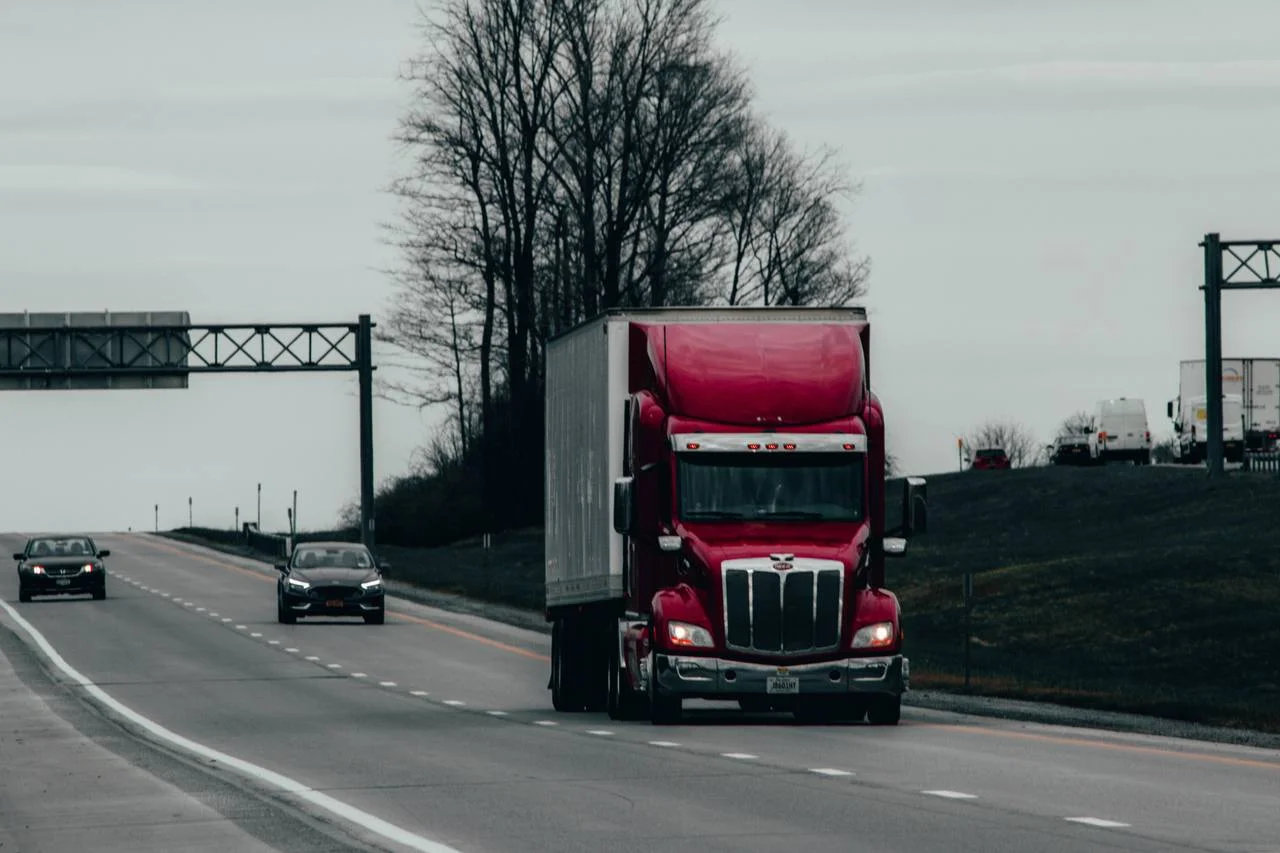Truck Accidents: The Role of Commercial Trucking Regulations

The highway, with its ever-stretching asphalt arteries, is the lifeblood of commerce, pulsating with the flow of semi-trucks transporting goods across the country. However, when accidents involving these mammoth vehicles occur, the results can be devastating. Commercial trucking regulations play a pivotal role in mitigating such incidents. This blog post takes a closer look at these regulations and their role in truck accidents.
Understanding Commercial Trucking Regulations
Commercial trucking regulations are rules established by the Federal Motor Carrier Safety Administration (FMCSA) and state agencies to promote safety on the highways. These regulations govern various aspects of the commercial trucking industry, including:
- Hours of Service Regulations: These rules limit how many hours truck drivers can drive without breaks, helping to prevent accidents caused by driver fatigue.
- Driver Qualification Standards: Drivers must meet specific standards, including age, physical health, and driving record requirements, ensuring that only qualified individuals operate commercial trucks.
- Vehicle Maintenance and Inspection: Trucks must undergo regular maintenance and inspections to ensure they are in safe working order.
- Load Limits: Regulations stipulate the maximum weight a truck can carry, preventing accidents caused by overloading.
- Alcohol and Drug Testing: Regular testing helps ensure that drivers are not under the influence while operating their vehicles.
The Role of Regulations in Truck Accidents
When an accident involving a commercial truck occurs, these regulations become critical in determining liability:
- Identifying Negligence: If a truck driver or trucking company has violated regulations, this can be evidence of negligence, which is crucial in a personal injury claim.
- Preserving Evidence: Regulations require trucking companies to maintain records, such as driver logs and maintenance reports, which can serve as essential evidence in an accident case.
- Holding Parties Accountable: Regulations not only apply to drivers but also to trucking companies, manufacturers, and others involved in the industry. Therefore, multiple parties could potentially be held accountable for an accident.
Conclusion
If you or a loved one has been involved in a truck accident, it’s important to seek legal guidance. A personal injury attorney with experience in truck accidents can help investigate the incident, identify any regulatory violations, and advocate for your rights.
The highway, with its ceaseless ebb and flow of commercial trucks, is a testament to commerce’s pulsating rhythm. However, it also underscores the critical role of commercial trucking regulations in ensuring safety and accountability. These regulations serve as the unseen traffic signs on the highway of law, guiding trucking practices and providing a roadmap to justice in the aftermath of truck accidents. Remember, legal professionals stand ready to guide accident victims through this complex terrain, ensuring they reach their destination – fair compensation and justice.
